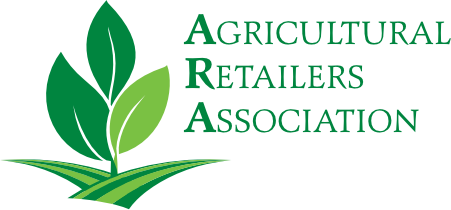ARA Joins More Than 350 Organizations to Voice Support for Existing Pesticide Law
Jan 12 2022
The Agricultural Retailers Association (ARA) joined more than 350 organizations engaged with pesticide products in a letter sent to members of the U.S. Senate and House of Representatives that affirms these organization’s support the pesticide regulatory system in place today under the Federal Insecticide, Fungicide and Rodenticide Act (FIFRA). The letter is in response to recently introduced legislation (S. 3283) that would undermine the science-based standards contained within our nation’s pesticide law. This is the second time these organizations have reached out to Congress to voice concern over similar proposed legislation.
"ARA remains unwavering in our support for decisions grounded in sound science when it comes to the protection of human health and the environment, which is why we cannot support the proposed revisions to FIFRA," said ARA President & CEO Daren Coppock. "Ensuring a transparent review process for safe and effective crop protection products is essential to ensuring ag retailers and their farmer customers can continue to produce a safe and abundant food supply consumers expect.”
FIFRA has been amended by Congress several times to strengthen the regulatory standard for safety – most recently through the Food Quality Protection Act (FQPA) that added specific protections for infants and children. Under the provisions of the current law, pesticides that are approved for use are subject to continuous review whenever new scientific data becomes available. Officially, federal regulators must review each pesticide approved for use in the U.S. every 15 years, but the reality is that the pace of scientific development means regulators are making formal assessments much more frequently as more data becomes available.
The proposed legislation would jeopardize the continued availability and innovation of pesticide products by imposing an unscientific and unbalanced process that could unnecessarily remove pest control options from those who need them to safely grow crops, to adopt conservation practices such as conservation tillage and resource-saving crop rotations, to protect homes and infrastructure, to control pathogens and disease vectors, and to maintain green spaces, such as parks and golf courses.
